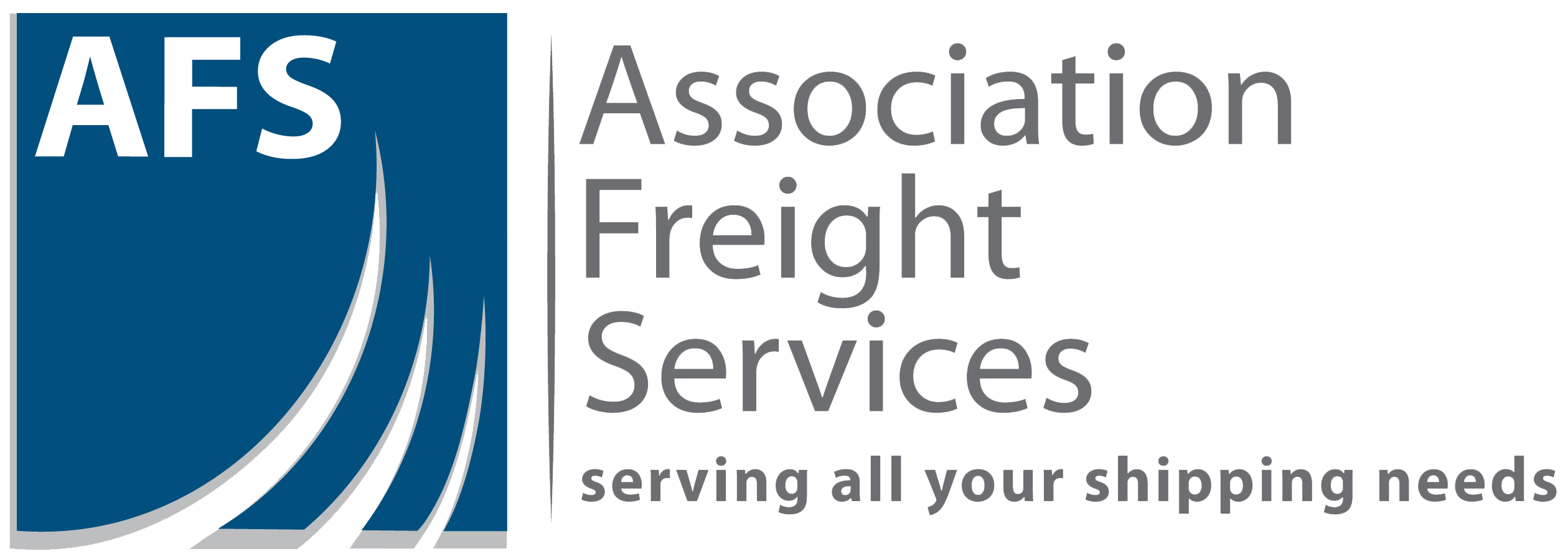The following is a list of common words used in the shipping industry. Leave a comment on the bottom for words that you need a definition for.
Actual Weight: Gross shipping weight is determined by (1) weighing the vehicle empty, (2) loading the shipment and returning to the scale to obtain the weight and (3) subtracting the two weights. Can also be obtained by individually weighing each piece of freight.
Air Freight: Materials transported by an air freight company or air freight equivalent.
Bill of lading: Written receipt from a carrier for goods accepted for transportation. Serves as a receipt, contract, and operational paperwork, and is the single most important document in the shipping process.
Commercial Invoice: Document that lists items shipped for customs purposes. Sometimes also called a “performa” invoice.
Common Carrier: Department of Transportation-certified trucking firm that can be hired by the public for shipment of goods.
Consignee: Receiver of shipped goods.
Consigner: Shipper of goods.
Crate: Container, usually wood or plastic, used for protecting exhibits during shipping.
Cwt: Hundredweight (100 lbs.)
Dock: Area where goods are received and shipped, usually tall enough for larger trucks.
Drayage: Handling of exhibit properties between the loading dock and the booth area. Also includes handling goods from the advance receiving warehouse and the removal of empty containers post booth install.
Drayage Contractor: Handler who moves exhibit goods from the dock to the exhibit booth or from the temporary storage warehouse to the exhibit booth. Responsible for all material handling activities at the show.
Expedited Service: Service offered by a transportation company to assure prompt or specific delivery. Normally incurs an additional charge.
Forced Freight: Routing of freight not picked up by an exhibitor’s carrier or shipments left behind at the booth at the close of a show.
Freight Forwarder: Transportation company that arranges and manages all aspects of shipping, but does not own vehicles.
Handling: Moving of materials, usually to and from dock.
Less Than a Truckload (LTL): Shipments picked up by a trucker and consolidated with other LTL shipments to be transported to the destination city, unloaded and delivered.
Lift Gate: Device on a freight truck that can be raised and lowered to accommodate larger shipments or pieces. Almost always an additional surcharge for use by the driver.
Liability: Carrier’s legal financial responsibility for lost or damaged goods.
Marshaling Yard: Area designated to state or check trucks for show delivery or pick up.
Minny: Shipments weighing 200 pounds or less, for which there is a minimum charge for 200 lb rate.
Mixed Truckload: Truckload of different articles, crated and uncrated in a single shipment.
Net Weight: Weight of goods without the shipping container.
Official Carrier: Carrier designated by a show manager or general contractor to be on-site for the inbound and outbound shipments of a show. Use of these carriers is recommended but not required.
Official Contractor: Organization appointed by show management to provide services such as set-up and tear-down of exhibit booths and to oversee labor, drayage, and loading dock procedures.
Packing List: A detailed list or inventory of a shipment’s contents.
Pallet or Skid: Wood runner protecting the exterior of a shipping case. Also describes a wooden base constructed to carry multiple cartons or equipment.
Portable Display: Lightweight exhibit capable of being carried by one person. Usually refers to a table-top or pop-up exhibit.
Pro-Number: Progressive numbering system used primarily by the trucking industry for tracking, billing, and identifying freight.
Set-Up: Assembly of exhibit components for display or use.
Shipper: Individual or company whose goods are being shipped.
Split Pick-up/Delivery: Pick-up or delivery of multiple shipments at more than one place.
Trapping: Method of consolidating shipments. Usually defines function of the LTL trucker grouping freight for shipment to a particular show.
Van Lines: A carrier that specializes in shipping uncrated exhibits, high-tech equipment and delicate materials that require special handling.
Waybill: Document that contains the address of the shipper and recipient as well as other pertinent information. Contains a number used in tracking shipments.

